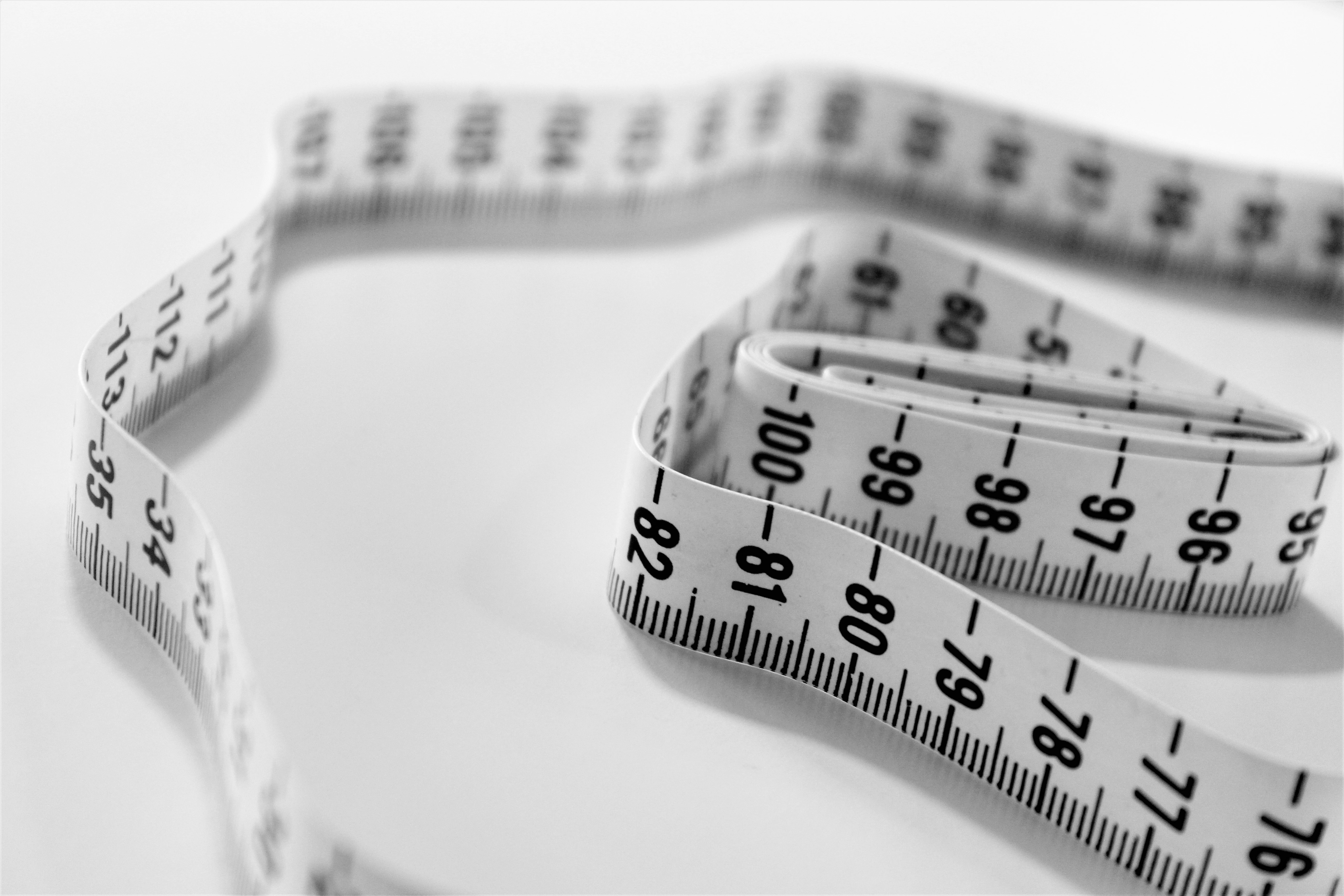Although dialysis aims to replicate kidney function as accurately as possible, it has some limitations compared to natural kidney function. Hemodialysis (HD) is only performed on specific days, meaning the kidney function is only intermittently supported. This results in fluid accumulation between dialysis sessions, often measured as additional weight (interdialytic weight gain).
Obesity and Dialysis
Beyond short-term weight fluctuations, long-term trends in "dry weight" or "ideal weight" are also important. While obesity (Body Mass Index (BMI) ≥ 30 kg/m²) is a known risk factor for conditions like hypertension and diabetes, research suggests that higher BMI levels may also have a beneficial effect for dialysis patients, potentially lowering mortality risk.
However, caution is necessary, as excessive weight can negatively impact kidney transplant success and increase the risk of wound healing complications. Regardless, monitoring weight is always beneficial during dialysis.
Managing weight fluctuations on dialysis
It is essential to differentiate between short-term weight fluctuations due to fluid retention and actual weight gain or loss. Generally, "dry weight" (post-dialysis weight) should be used to calculate BMI and track weight trends. For peritoneal dialysis, measurements should exclude fluid in the abdominal cavity.
10 practical tips for healthy weight loss on dialysis
Managing weight effectively is particularly important for those considering a kidney transplant. Below are practical tips to help you establish healthy habits. Weight changes require time and perseverance. These tips are not quick fixes but suggestions to support the development of sustainable routines. Choose what works best for you and keep your medical team involved and up to date.
1. Engage in light physical activity
Start with gentle exercises such as walking or yoga. Regular movement supports weight loss and enhances overall well-being.
2. Build muscle with resistance training
Muscle tissue burns more calories than fat, even at rest. Light resistance band exercises can help build muscle safely. Consult your medical team for suitable workout options.
3. Set small, realistic goals
Breaking down large goals into smaller, achievable milestones helps you to maintain your motivation and to progress steadily.
4. Follow recommended fluid intake
Stick to the fluid intake recommendations provided by your medical team to prevent excessive weight fluctuations.
5. Reduce sedentary behavior
Take breaks from prolonged sitting by incorporating movement into your daily routine. This helps maintain circulation and overall activity levels.
6. Prioritize healthy sleep habits
Aim for 7 to 8 hours of sleep per night. Adequate rest can help regulate appetite and reduce stress-related cravings.
7. Practice mindful eating
Eat slowly and attentively, recognizing fullness cues to avoid mindless snacking. Try counting how many times you chew each bite!
8. Manage stress effectively
Chronic stress can contribute to unhealthy eating habits. Implement relaxation techniques such as meditation or yoga to manage stress actively.
9. Seek social support
Family, friends, or patient support groups can provide motivation and encouragement. Engage with communities that share similar goals.
10. Track your progress
Use a journal or the Mizu app to monitor your weight, BMI, and progress over time. Keeping records can enhance motivation by visualizing your progress over time.
How do I get started?
Before making significant lifestyle changes, consult your medical team. They can provide valuable guidance and ensure that any weight management strategies align with your individual needs and medical condition.
















